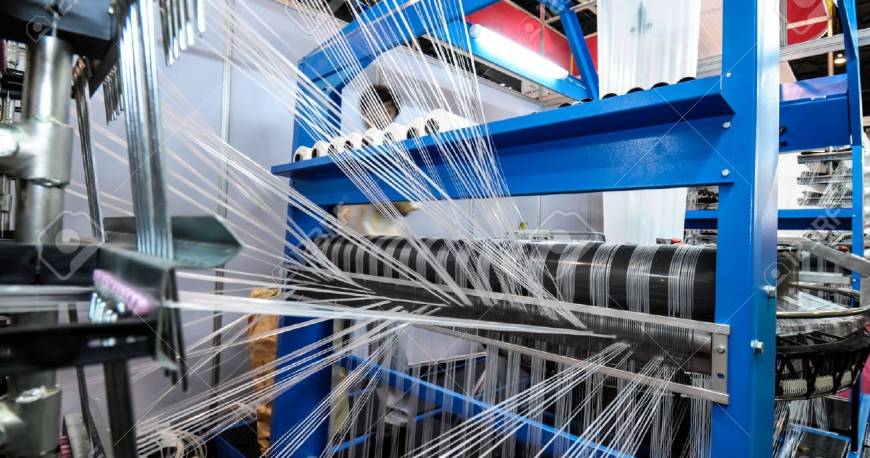- FG Budgets N51bn to Revive Textile Industry
The Federal Government has set aside the sum of N51bn in this year’s budget to promote the development of the garment and textile industry in the country.
The allocation is part of measures aimed at boosting the sector in a manner that will create jobs, support the diversification efforts of the Federal Government and increase the patronage of made-in-Nigeria apparels.
Statistics from the Ministry of Industry, Trade and Investment revealed that between 1980 and 2016, about 145 companies operating in the textile sector had shut down owing to the harsh economic climate.
The economic challenges have made the industry, which used to be the highest employer of labour after the government in the country, to become a shadow of itself, only employing very few people.
Some of the challenges facing the sector are smuggling, inadequate power supply, lack of standardisation and poor yield from cotton seeds.
Speaking in Abuja at the opening session of a workshop organised by the Bank of Industry for operators in the sector, the Minister of State for Industry, Trade and Investment, Mrs. Aisha Abubakar, said the Federal Government was mindful of the importance of the sector in creating jobs and reducing poverty.
She added as part of efforts to promote the development of the sector, the Federal Government had decided to dedicate three out of the six special economic zones to be created this year to the textile and garment sector.
“The ministry has over N51bn allotted in the 2017 budget just to promote our garment industry, because we know it is an area where we have to get it right. And so, out of the six special economic zones, three will be for textiles,” Abubakar said.
The minister explained that the government was working hard to support the industry through massive investment in infrastructure, noting that this would assist in bringing down the price of cotton.
The Acting Managing Director, BoI, Mr. Waheed Olagunju, said the workshop was designed to sharpen the skills of operators in the textile and garment industry.
He said the bank had created a N1bn fashion fund for the textile sector to be given out at single-digit interest rate of nine per cent and repayable between three to five years, with a moratorium of six to 12 months.
Olagunju explained that the fund was designed to provide fashion businesses an opportunity to create jobs and add value to the Nigerian economy, while promoting the country’s unique fashion sense.

 Forex3 weeks ago
Forex3 weeks ago


 Naira2 weeks ago
Naira2 weeks ago
 Billionaire Watch2 weeks ago
Billionaire Watch2 weeks ago




 Naira2 weeks ago
Naira2 weeks ago




 Naira2 weeks ago
Naira2 weeks ago




 Naira1 week ago
Naira1 week ago




 Naira4 weeks ago
Naira4 weeks ago




 Naira3 weeks ago
Naira3 weeks ago






















